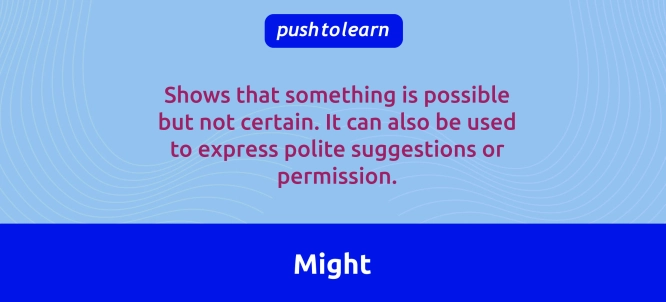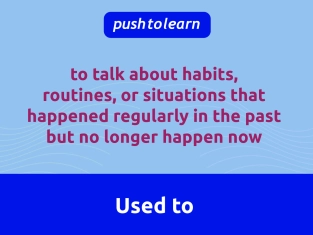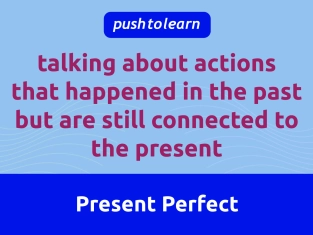by PushtoLearn
Modal Verb Might
Table of Contents
Modal Verb Might – Exercises
These exercises focus on MIght
What is Might?
"Might" is a modal verb used to:
-
Indicate possibility
-
Make suggestions
-
Talk about hypothetical situations
-
Express polite or tentative permission (rare and formal)

Uses of Might
1. Possibility
"Might" expresses that something could happen, though it’s less certain than "may" or "could."
Examples:
-
It might rain later, so bring an umbrella.
-
He might not know about the meeting yet.
2. Suggestions or Advice
Use "might" to make a polite or cautious suggestion.
Examples:
-
You might want to call her before visiting.
-
It might be a good idea to double-check your work.
3. Hypothetical Situations
"Might" is used in conditional or hypothetical scenarios, often with "if."
Examples:
-
If I had more time, I might take a painting class.
-
We might go to the beach if the weather improves.
4. Polite Permission (Rare Use)
In very formal contexts, "might" is used to grant or seek permission, though this is uncommon in modern English.
Examples:
-
You might take your seats now.
-
Might I suggest an alternative?
Rules for Using Might
-
"Might" is always followed by the base form of the verb (without "to").
✅ Correct: She might join us later.
❌ Incorrect: She might to join us later. -
The negative form is "might not" (no contraction like "mightn’t" is used in modern English).
✅ Correct: He might not come to the party.
❌ Incorrect: He don’t might come to the party. -
"Might" does not change with the subject.
✅ Correct: I/He/They might visit tomorrow.
❌ Incorrect: He mights visit tomorrow.
Common Errors with Might
|
Error |
Why It’s Wrong |
Correct Form |
|
He mights go to the park. |
"Might" does not take an "s." |
He might go to the park. |
|
You might to help her. |
"To" is not needed after "might." |
You might help her. |
|
They don’t might join us. |
Use "might not" instead of "don’t might." |
They might not join us. |
Everyday Use of Might
Here are some common ways to use "might" in daily conversations:
|
Situation |
Example Sentence |
|
Talking about possibility |
I might visit my grandma this weekend. |
|
Making a suggestion |
You might want to check your email. |
|
Discussing hypothetical events |
If I had enough money, I might travel abroad. |
|
Expressing uncertainty |
He might not have seen the message. |
Difference Between Might and Similar Modal Verbs
|
Modal Verb |
Use |
Example |
|
Might |
Low possibility or hypothetical |
It might snow tomorrow. |
|
May |
Higher possibility, formal permission |
It may snow tomorrow. |
|
Could |
Possibility or ability |
It could happen if we try harder. |
FAQ About Might
Can "might" be used in the past?
Yes, use "might have" + past participle to talk about past possibilities.
Example: He might have forgotten the meeting.
What is the negative form of "might"?
The negative form is "might not."
Example: She might not come to the party tonight.
What’s the difference between "might" and "may"?
-
"Might" suggests a lower degree of certainty.
-
"May" suggests a slightly higher likelihood or is more formal.
Example: It might rain later (less certain). / It may rain later (more certain).
How do you form a question with "might"?
Place "might" at the beginning of the question.
Example: Might I leave early today?
Is "might" formal or informal?
"Might" is neutral and works in both formal and informal situations, though it’s slightly softer than "may."

